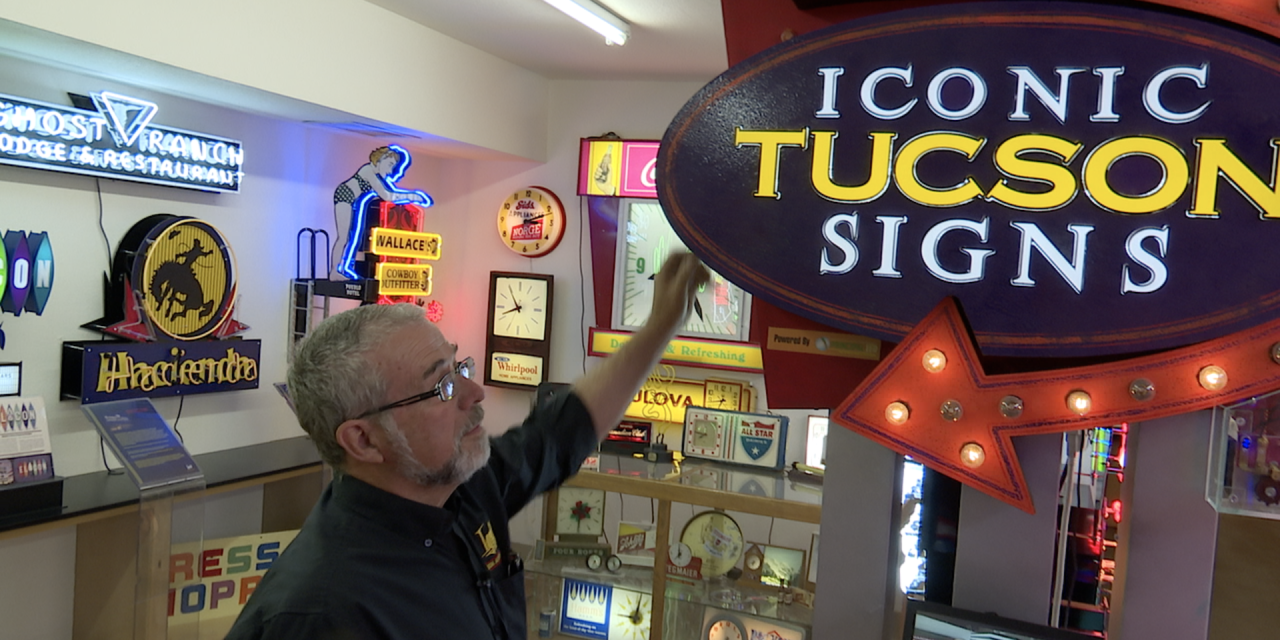Inside Idaho’s Campaign to Include Indigenous History in Its Highway Markers

The updated sign will state that Scottish fur trader Alexander Ross “mapped” or “encountered” Galena Summit. Courtesy of MacArthur “Mac” Eld / Idaho Transportation Department / Idaho State Historic Preservation Office
From Smithsonian Magazine: Idaho’s highways are home to more than 240 markers detailing the state’s rich history. Installed largely between 1956 and 1986, these signs were written without input from the region’s Indigenous inhabitants—a trend that the Idaho State Historic Preservation Office (SHPO) is now striving to reverse. As Tony Tekaroniake Evans reports for High Country News, the government agency is working closely with local Native American tribes to decolonize the markers’ content and make them more inclusive.
The initiative’s goal, says SHPO deputy Tricia Canaday, “is to rebalance Idaho’s roadside history with an Indigenous perspective and thereby create a more culturally sensitive and historically accurate picture of the past.”
Everything Must Go: Why we’ll never stop mourning the American mall.

The outside of the Eastmont Wellness Center. Lili Loofbourow
From Slate: For most of my life, the shopping mall was the symbol of the capitalist experiment. Everything about it celebrated consumerism and the illusion of plenty, and fueled the suburbanite’s need for a real-world simulacrum—one that could replace scary diverse downtowns with “safe,” artificial Disneyland-ish approximations that substituted commerce for community. The choices in a mall were simultaneously endless and extremely constrained: You could try on every shoe in the world. Eat six different kinds of foods at the food court. Watch one of five movies. Maybe there was a fountain or a carousel. The actual activities you could do were limited, but there were so many products to choose from that it felt—to lame teenage me, certainly, covered in zits and longing to belong—like a place where rehearsals of glamour and independence and self-fashioning were possible (even if I never quite managed to access them myself). And yet, they’re dying. A 2017 report by Credit Suisse predicted that 1 in 4 malls would close by 2022. That was before the pandemic. How are these castles to consumerism crumbling while the system they so ably represented lives on?
Historic San Jose theater is about to hit the auction block

Photo Credit: PAC-SJ
From Hoodline.com: The historic Burbank Theater at Bascom Avenue and Parkmoor Avenue in San Jose is about to go up for auction. The vacant landmark building will have a starting bid of $200,000 when the auction begins on December 13th. Preservationists are hopeful that whoever buys the theater will not tear it down, but restore it and use it for something the community needs. “I do really get the sense this is something that a lot of people care about but there hasn’t been that opportunity to express that. It’s buildings like the Burbank that are unique,” Preservation Action Council of San Jose Executive Director Ben Leech told Mercury News.
Leech recently attended a walk-through of the building and says it is still in relatively good condition on the inside.
The Burbank Theater was constructed in 1949 and features a nostalgic neon sign with three sides that has become a monument to passers-by on Bascom Avenue. In its colorful history, the theater has shown various types of movies including adult films in the 70s, 80s, and 90s. It shut down around the year 2000 because it was labeled a public nuisance. The Mercury News reports that it was most recently used as a dance studio before it went into foreclosure. In 2018, it was added to the Santa Clara County Heritage Resource Inventory.
High Rise Development Slated for Former Gulf Beach Resort Motel Site Can Go Higher, Commissioners Say

The zone change allows an increase in height limitations. IMAGE: KIM DOLEATTO
From Sarasota Magazine: A new luxury high-rise called Rosewood Residences—slated for the the site of the historic Gulf Beach Resort Motel and Coquina on the Beach on Lido Key—can now include up to 70 condominium units and have a maximum height of 135 feet, thanks to a rezoning application OK’d at yesterday’s City of Sarasota commission meeting.
Built in 1950, the Gulf Beach Resort Motel, located at 930 Benjamin Franklin Drive, was made up of 43 one-bedroom apartments, each with a full kitchen. It was designated as a historic landmark to keep it safe from demolition, but in 2021, the motel’s humble charm turned into pricey upkeep, and the costs associated with bringing the units up to current code compliance were too steep for its owners. They decided to sell, and in January, the motel was purchased for $23.5 million by Ronto Group, a Naples-based developer. The City of Sarasota’s Historic Preservation Board voted 5 to 1 to demolish the structure on the almost 4-acre beachfront property.
Developer who planned to buy historic Magic Beach Motel in Vilano Beach withdraws offer

Magic Beach Motel Credit: Jessica Clark
From Firstcoastnews.com: VILANO BEACH, Fla. — The deal is off.
A developer who was in the process of buying Magic Beach Motel in Vilano Beach has withdrawn his offer. The developer — Key international — had planned to demolish the vintage motel and build a much larger hotel, restaurant, and retail center on the land.
Two weeks ago the St. Johns County commissioners denied the development plans and this week the motel was deemed culturally significant by a county cultural resources board.
Where Tucson’s iconic signs get a second life: Ignite Sign Art Museum’s collection keeps growing

Jude Cook, co-owner of the Ignite Sign Art Museum in Tucson Ryan Fish/KGUN
From KGUN9: The museum holds plastic signs, neon signs and seemingly everything in between. They range from small street signs to large marquees. There are also miniature replicas of some of Tucson’s more iconic signs.
Jude is so well connected that he loans and buys signs from other museums and collections around the country. He also gets calls from the community and finds them online.


